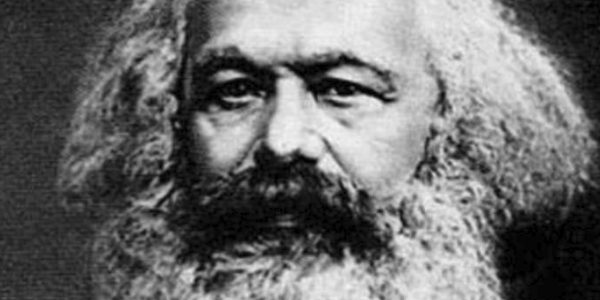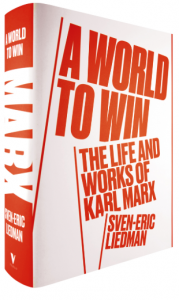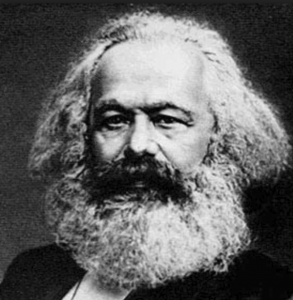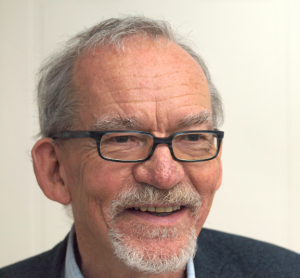
200 years of Karl Marx



A Biography of Karl Marx one of the greatest thinkers of 19th-century rendering him more relevant than ever. A World to Win follows Marx through childhood and student days, his enduring friendship and intellectual partnership with Friedrich Engels, and Marx’s influences and explains his political and intellectual interventions and builds on the legacy of his thought, while illuminating the logic of a system that drives dizzying wealth, grinding poverty and awesome technological innovation to this day.
Karl Marx born 200 years ago on May 5th, 1818, in the ancient Palatinat4e bishopric of Trier to a converted Jewish family. He was growing up in the shadow of the French Revolution, religion and monarchy were the first targets of his youthful radicalism. Reading Friedrich Engel’s reportage on The Condition of the Working-Class in England, Marx glimpsed at the new reality.
Sven-Eric Liedman in his anniversary biography, A World to Win, tried to understand the contemporary reality of class relations, the industrial revolution, structures of politics, law and culture built on them and the vision of Marx for rest of his life. Marx and Engel’s philosophy there was no escape from history and is logic and criticised the revolutionary transformation of capitalism coming from within, with all its terrible side effects, as the dynamic of the industrial revolution would have to be transcended. The great French revolution of 1789, was just a stepping stone, a bourgeois revolt against feudalism as capitalism was unleashed across the world. In 1848, Marx who was already a marked man, exiled both from Prussia and France, had no time for in-depth analysis. The failure of revolution forced him to move once more, this time to London, where the revolutionary uprising in 1848, ended three years later in the seizure of power by the upstart nephew of Napoleon Bonaparte.
Marx was fascinated by America’s relentless expansion, even the conquest of California and the ensuing gold rush that promised to reorient the world economy towards the Pacific. Nine years later the crisis of 1857 revealed how connected the world had become, as the news of the Missouri river valley sent markets in Britain crashing. In the 1860s, as the world entered the age of Bismarck, blood and iron and realpolitik, Marx analysed the Capitalism’s working, coming up with a unique synthesis of economic theory, empirical data drawn from factory inspector reports and economic history.
For years Karl and his wife Jenny Von Westphalen, eked out a living in a two-room slum dwelling in Soho, surviving on a diet of bread and potatoes as four of their eight children died before they reached their teens. By 1890s, Marxism was the official ideology of the largest mass party in the world, Germany’s Social Democrats. After Lenin’s Bolshevik revolution and the expansion of Soviet power under Stalin, statues of Marx were erected worldwide and even today, the statues still stand in North Korea, Cuba, China and Vietnam.
Marx is the initiator and inspirer of a live intellectual tradition and a model of the kind of capacious thought that is essential to grasp contemporary modernity and Liedman exposes the richness to the richness to be found in the unfinished Marx’s works as Grundrisse and the early “Paris manuscripts” of 1844. ” It’s the Marx of the 19th century who can attract the people of the 21st, not the Marx of the 20th-century state ideologies and this is an essential and reliable guide which all people who care must read.
A World to Win – The Life of and Works of Karl Marx by Sven-Eric Liedman translated by Jeffrey N Skinner, Verso £36, 768 pages.
